Water
Number of results stories covering this topic: 14
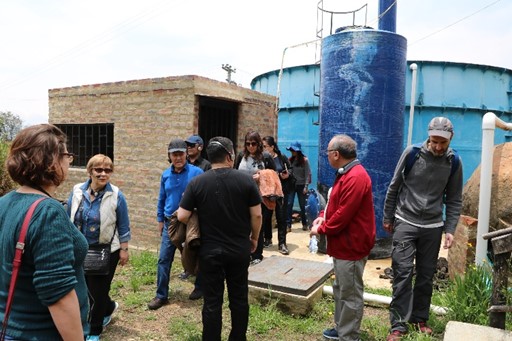
National Monitoring & Evaluation Systems for Rural Water Supply and Sanitation
In the Kyrgyz Republic, the national rural water and sanitation program, launched in 2017, seeks to improve service delivery by providing adequate water and sanitation services to many underserved rural households. The primary objective of the knowledge exchange was to build the capacities of the key stakeholders to develop, pilot and support the…
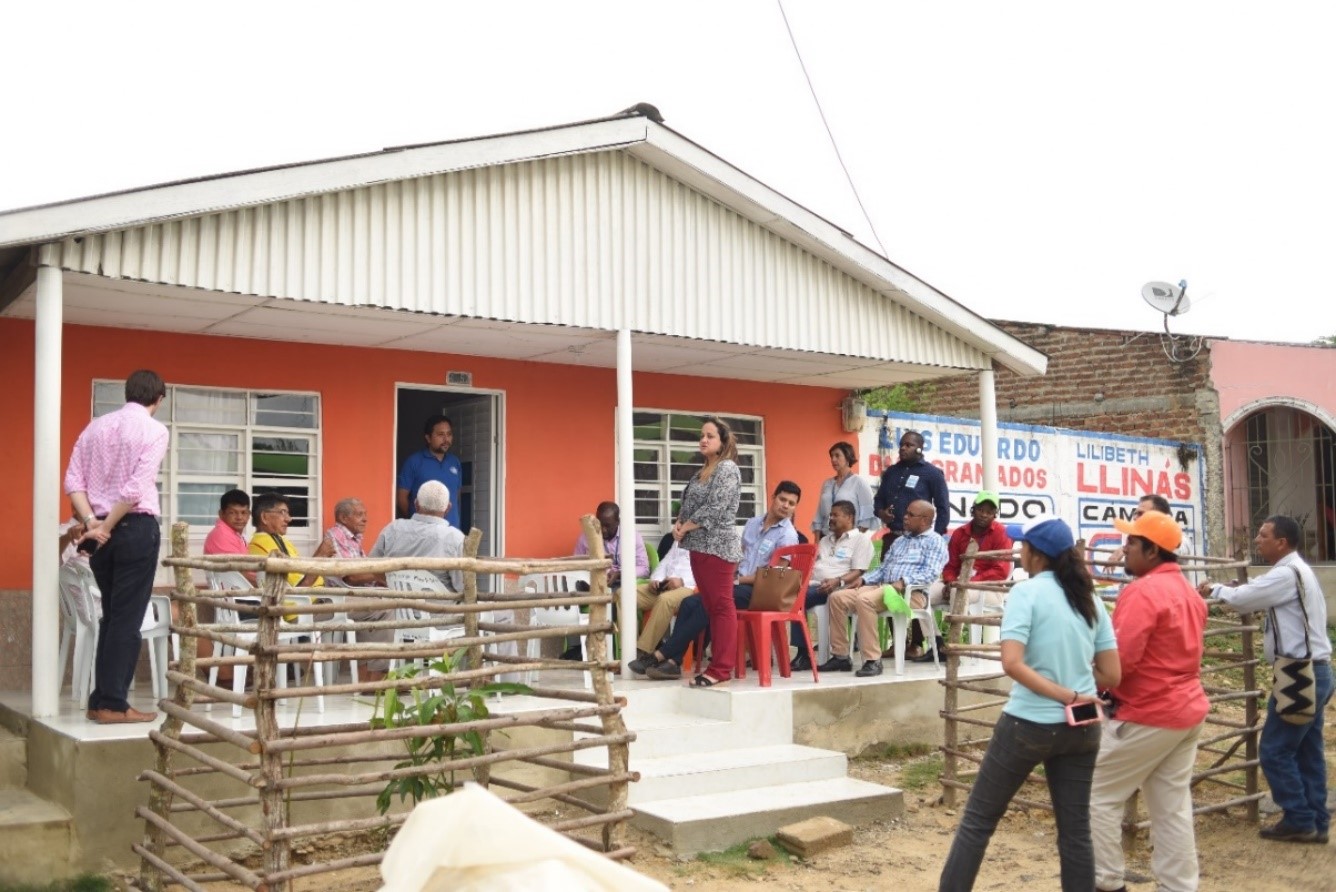
Strengthening the Water Sector Institutional Development in Angola
The Government of Angola aims to strengthen the institutional capacity of selected water sector agencies and to increase the coverage of sustainable access to water services in target cities. To support this reform process in the water sector, a knowledge exchange was organized for Angolan high-level officials to learn from the experiences of…
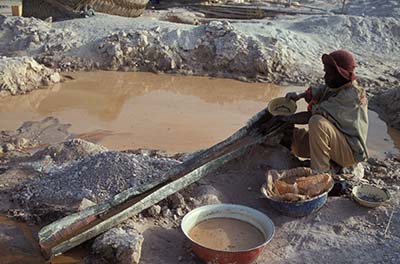
Improving Access to Water in Chad’s Cities
The Government of Chad prioritized increasing water services in urban areas, with a target of 74 percent of households having access to an “improved water source” as per the Millennium Development Goals (MDGs). In 2010, the Government overhauled the water sector, dissolving the national water and electricity company and establishing a new water…
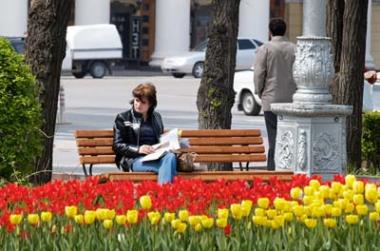
Strengthening a municipal water utility in Tajikistan
Water utilities in Tajikistan and other post-Soviet countries faced challenges in upgrading infrastructure and modernizing operations. Complementing a World Bank project, officials from a water utility in Dushanbe engaged in an exchange with a utility in St. Petersburg, Russia to learn how it had revitalized its performance. The exchange helped…
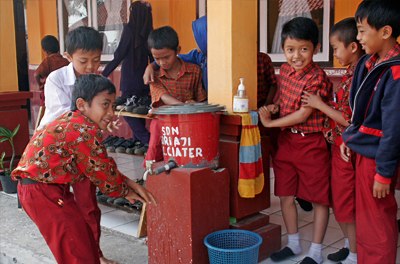
Output and Results-Based Approach for Local Government Programs: Vietnam learns from Indonesia
The Government of Vietnam wanted to strengthen its delivery in rural water supply and sanitation projects by promoting the use of a results-based approach at the local government level. Through help from the World Bank, a Vietnamese delegation consisting of key government officials visited Indonesia to exchange knowledge and share experiences on…
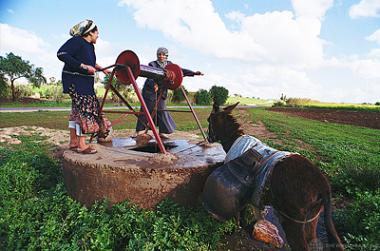
Knowledge and Experience Exchange on Integrated Water Resources Management Aspects between China and Morocco
To develop innovative and successful methods to address increasing water scarcity and over-exploitation of fresh and groundwater supplies affecting its agricultural industry, the Government of Morocco participated in an exchange visit to China. The exchange focused on the use of remote sensing technology applied to water management and monitoring…
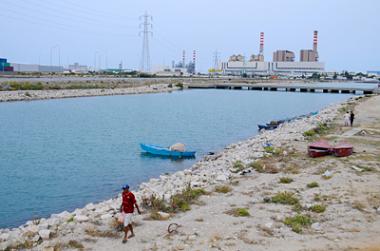
Leveraging Knowledge Exchange to Improve Water Utility Performance
The national water utility in Djibouti faced significant challenges with insufficient human capacity, degraded infrastructure, and out-of-date operations. The Ministry of Finance recognized the need to improve the utility’s performance, and with World Bank support prepared a knowledge exchange with the water utility in Tunisia, which had…
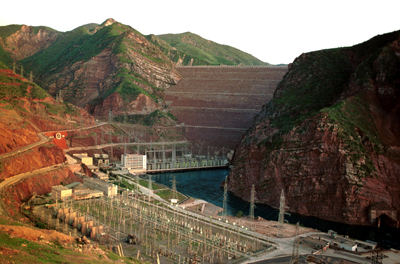
Supporting Large Hydropower Project Design and Planning in Tajikistan
Although Tajikistan enjoyed impressive economic growth in the first decade of the new millennium, most of the growth was based on good fortune and focused narrowly in a few sectors. Needing a strategy to sustain and diversify growth over the medium to long term, the government of Tajikistan (GOT) began the long process of developing its hydropower…
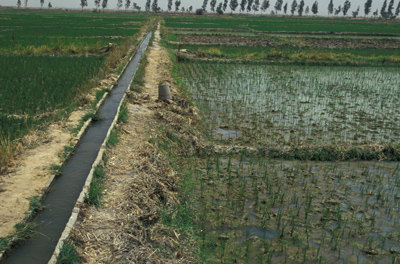
Learning from Experience with Small-scale Irrigation in West Africa
Most West African farmers need to reduce their reliance on the region’s erratic rainfall patterns if they want to increase crop yields and diversify from traditional commodity production. A number of low-cost technologies for small-scale private irrigation, such as treadle pumps and manual well-drilling equipment, have been tested in West Africa,…
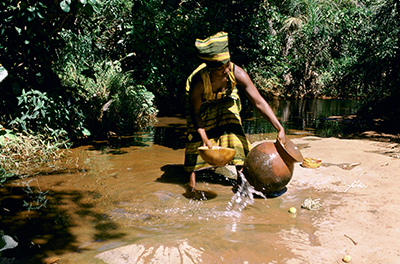
Increasing Access to Clean Water in the Central African Republic
Improving water quality and access is an important objective for the Central African Republic—one of the poorest nations in Sub-Saharan Africa. To deliver service to the nearly 75 percent of urban populations who rely on shallow wells and poor-quality water for their daily needs, the government requested assistance from the World Bank. Using…

Strengthening Water and Sanitation Systems in Yemen
Yemen faces natural water shortages because of its geographic location. The problem is exacerbated by weak institutional arrangements in the water and sanitation sector. Yemen is striving to address those challenges and achieve sustainable and efficient use of its water resources, which in turn can help the country’s economic development. Upon…
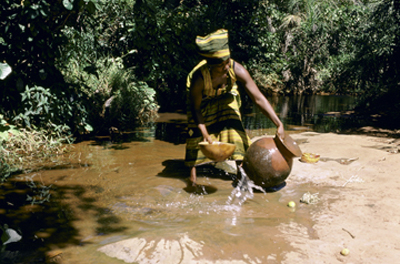
Congo Learns about Public-Private Partnership (PPP) Service Contracts in Water and Sanitation
Despite having the mighty Congo River—the third largest in the world—along its entire Eastern border, Congo lacks a proper water infrastructure; as a result nearly three quarters of Congo’s urban population has no access to clean water. Congo’s Ministry of Energy and Hydraulics requested the World Bank’s help to reform and encourage private sector…
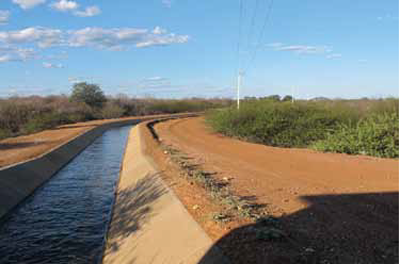
Public Private Partnerships in Irrigation
The Government of Ghana has made private investment in infrastructure and services through Public Private Partnerships (PPPs) a development priority. This commitment is in response to a major infrastructure deficit, a narrow fiscal space, and a legacy of inefficient public service delivery. Improved infrastructure services are critical to economic…
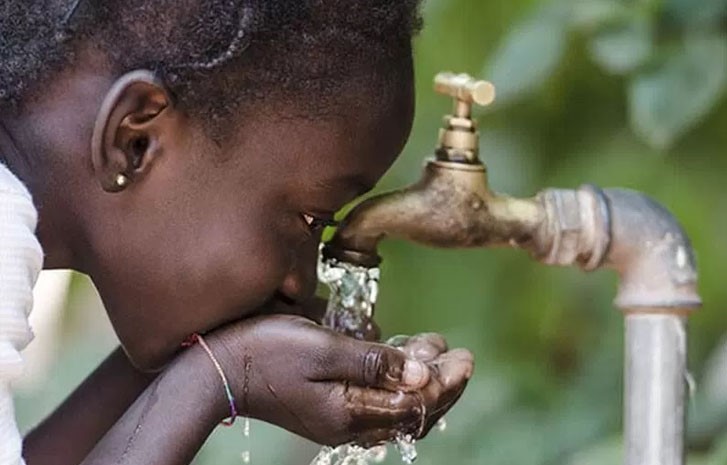
Strengthening the Water Sector Reform Process in Nigeria
The World Bank has been supporting improvements to the Nigerian water sector since 2004. Its Country Partnership Strategy (CPS) for fiscal year 2014 to 2017 identified improved access to water supply as central to improvement of health in Nigeria. In coordination with the third World Bank-financed National Urban Water Sector Reform Project (NUWSRP…

 China
China Colombia
Colombia Denmark
Denmark India
India Indonesia
Indonesia Mexico
Mexico Russian Federation
Russian Federation Spain
Spain United Kingdom
United Kingdom